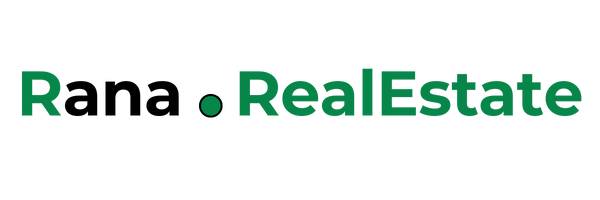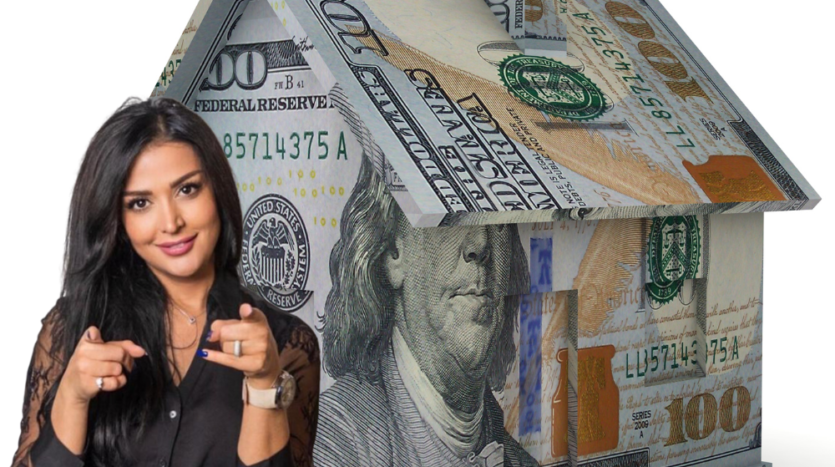Navigating Homeownership Costs: A Simple Breakdown of Expenses
Owning a home is a dream for many, but it’s crucial to understand that it comes with its fair share of costs beyond the initial purchase price. In this blog, we’ll explore the various expenses associated with homeownership, breaking down complex terms like property taxes, insurance, and maintenance into simpler language.
Property Taxes:
Property taxes are like a subscription fee for being a homeowner. They contribute to local services such as schools, roads, and public safety. The amount you pay depends on the assessed value of your home and the local tax rate. Here’s a breakdown in simpler terms:
- Assessed Value: This is an estimate of your home’s worth determined by local authorities. It’s not always the same as the market value, but it’s the value used to calculate your property taxes.
- Tax Rate: Imagine the tax rate as a percentage of your home’s assessed value. The higher the rate, the more you’ll pay in property taxes.
- Annual Cost: Multiply the assessed value by the tax rate to find out your annual property tax cost. This amount is often divided into monthly payments if you
- have a mortgage.
- Property Taxes: Taxes assessed by local governments based on the value of your property.
Homeowners Insurance:
Homeowners insurance is like a safety net for your home. It protects you financially in case of unexpected events, such as fire, theft, or natural disasters. Simplifying homeowners insurance:
- Coverage: This is what the insurance protects. It typically includes the structure of your home, personal belongings, liability protection, and additional living expenses if you have to temporarily move out.
- Premiums: This is the cost you pay for insurance. It can vary based on your location, the age of your home, and the coverage you choose. Paying annually or monthly are common options.
- Deductible: If something happens, this is the amount you’ll need to pay out of pocket before your insurance kicks in. A higher deductible often means lower premiums.
- Homeowners Insurance: Insurance that protects your home and belongings from damage or theft.
Mortgage Payments:
A mortgage payment is a regular installment made by a borrower to a lender, encompassing principal and interest, and often property taxes and insurance, as part of repaying a home loan.
- The monthly principal and interest payments on your home loan.
Utilities:
Utilities typically refer to essential services such as electricity, water, gas, and sewage that are provided to homes and businesses for daily use and consumption.
- Monthly bills for electricity, gas, water, and sewage.
HOA Fees:
HOA fees, or Homeowners Association fees, are periodic payments made by residents of a community or housing development to the homeowners association, covering shared expenses for maintaining common areas, amenities, and managing community regulations and services.
- If your home is part of a homeowners association, you may have fees for amenities and community maintenance.
Emergency Fund:
Emergency funds are financial reserves set aside to cover unforeseen expenses or sudden financial setbacks, providing a safety net for individuals or households to address unexpected circumstances such as medical emergencies, car repairs, or job loss without relying on credit or disrupting long-term financial goals.
- Setting aside money for unexpected repairs or emergencies.
Maintenance Costs:
Maintaining your home is like taking care of your car – it keeps everything running smoothly and prevents bigger problems down the road. Here’s a simplified breakdown:
- Regular Maintenance: Think of this as routine check-ups for your home. It includes tasks like cleaning gutters, servicing your HVAC system, and checking for leaks. Regular maintenance helps catch issues early.
- Repairs: These are unexpected fixes that pop up – a leaky roof, a malfunctioning appliance, or a broken window. It’s wise to set aside a budget for these unplanned expenses.
- Renovations/Upgrades: Unlike repairs, renovations are planned improvements to your home. This could be updating the kitchen, adding a new bathroom, or installing energy-efficient windows. While these enhance your home’s value, they also come with costs.
Conclusion:
Owning a home is undoubtedly rewarding, but it’s essential to be aware of the ongoing costs beyond the initial purchase. By understanding property taxes, homeowners insurance, and maintenance in simpler terms, you can navigate homeownership more confidently. Remember, being informed about these expenses is a crucial step towards enjoying the many benefits of having a place to call your own.
Rana Real Estate Group is your dedicated partner in navigating the world of real estate. Whether you’re looking to buy your dream home, sell a property for maximum value, or invest wisely in the market, our expert team is here to guide you every step of the way. With our comprehensive knowledge, personalized approach, and commitment to your goals, we ensure a seamless and successful experience in buying, selling, and investing in real estate.
Rana Khanjani, MBA
Specializing in Commercial, Residential & Land

